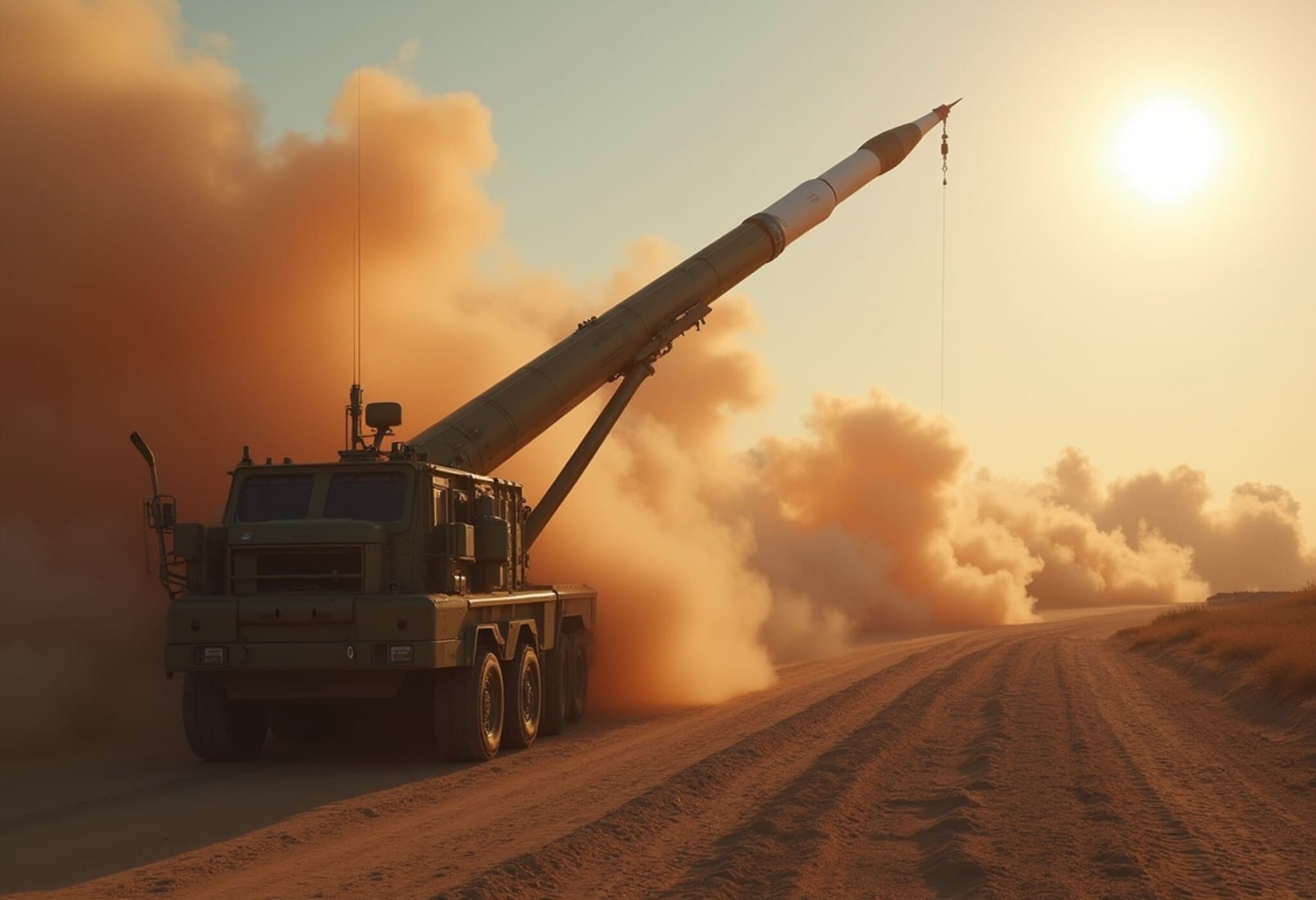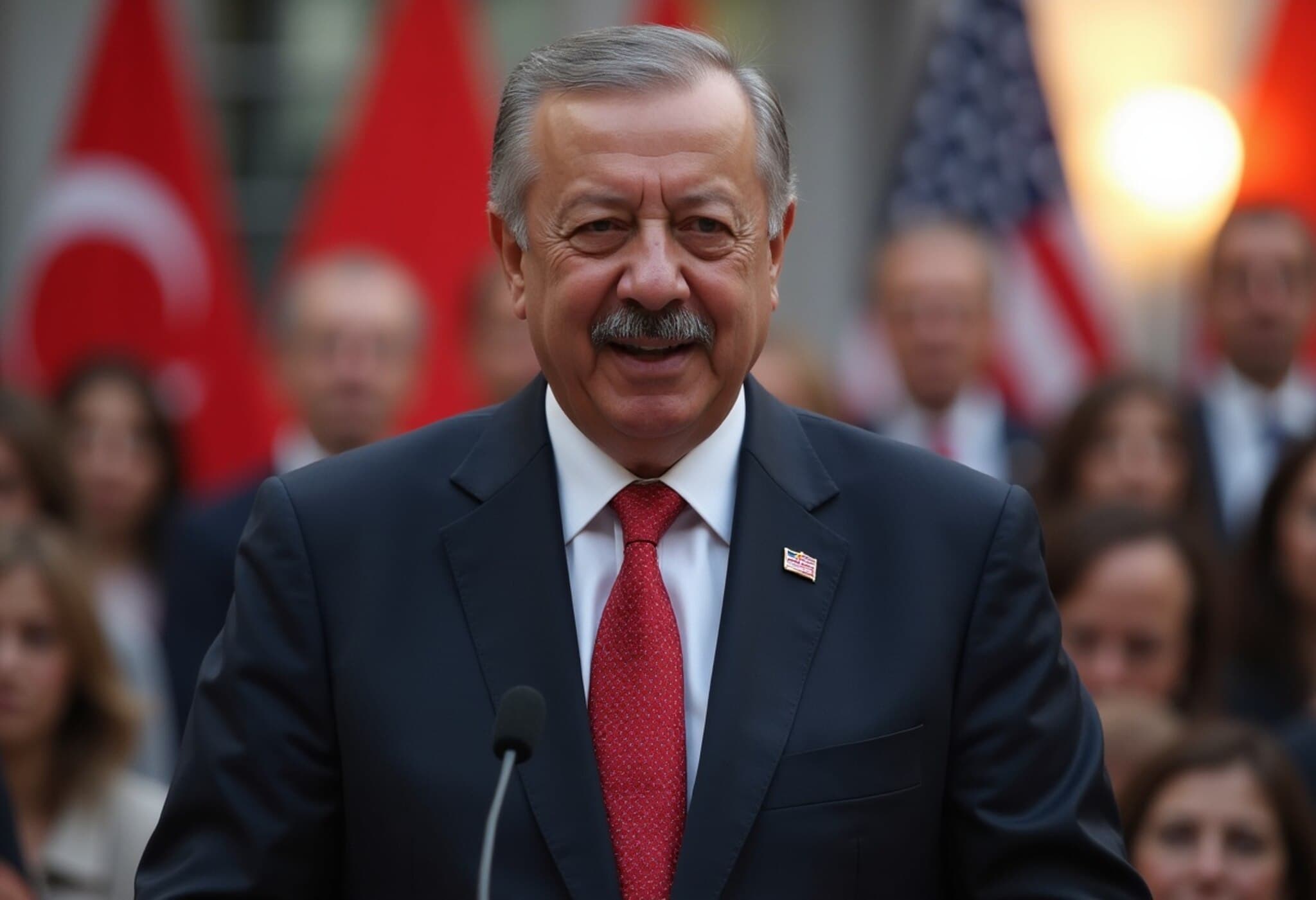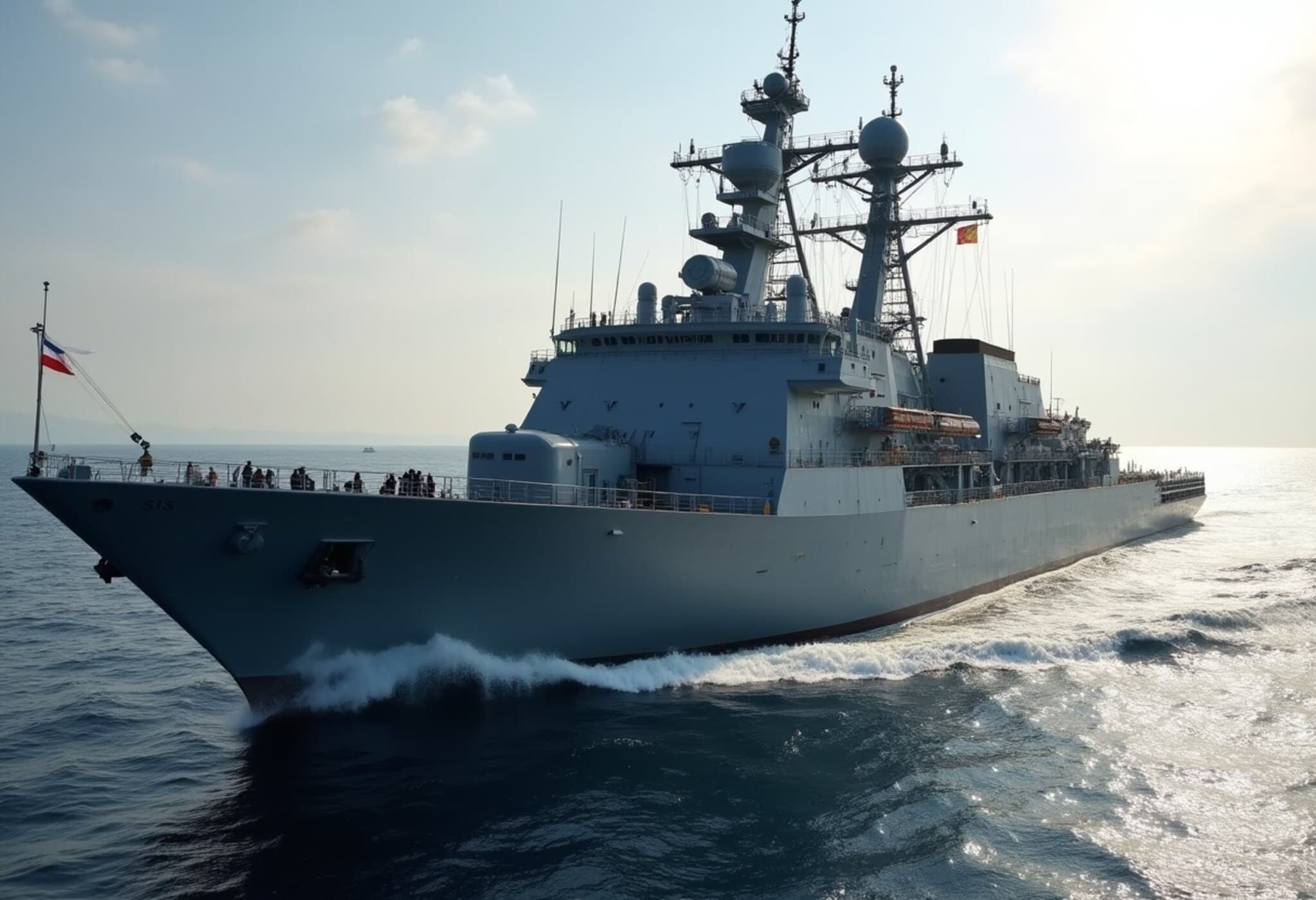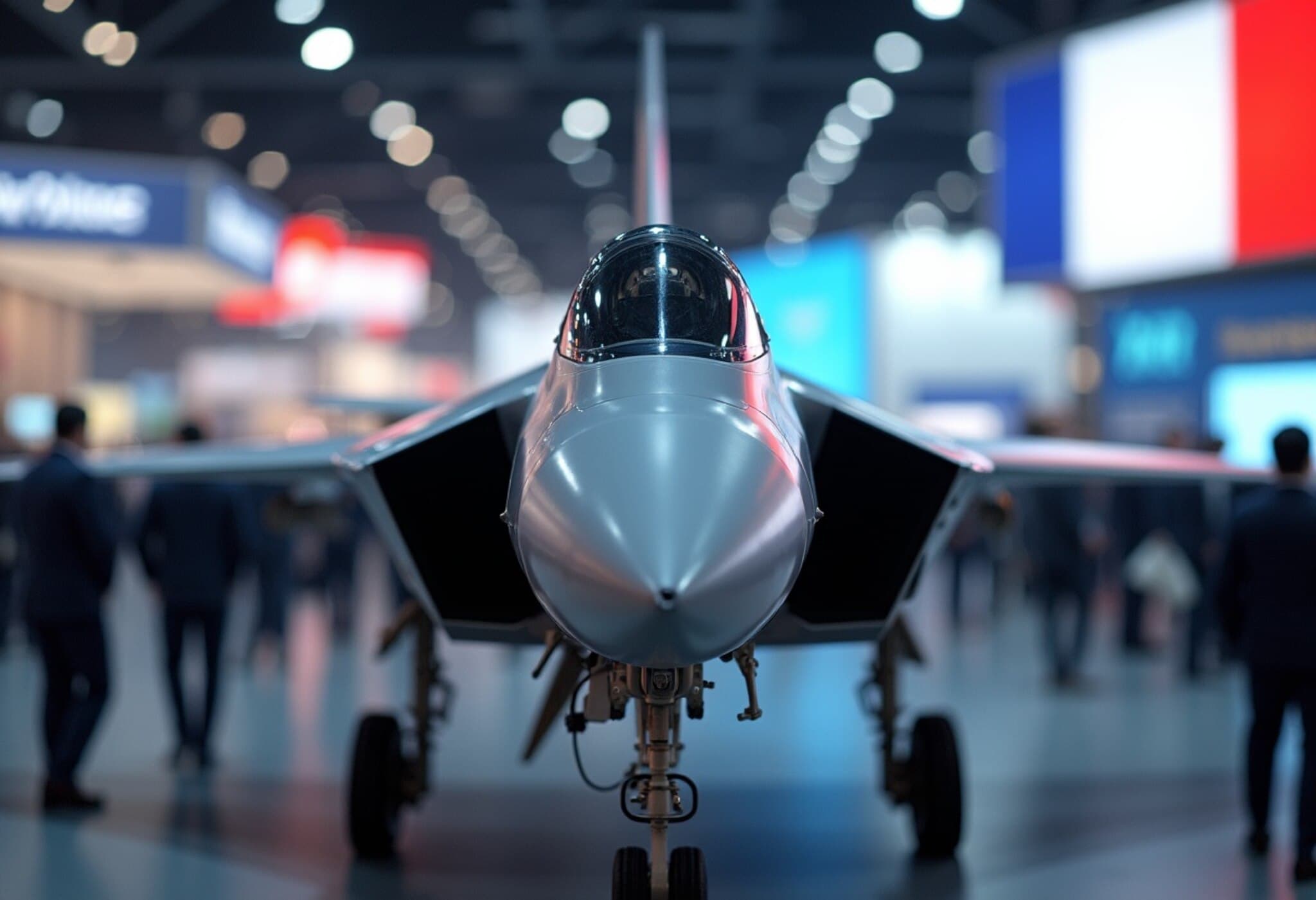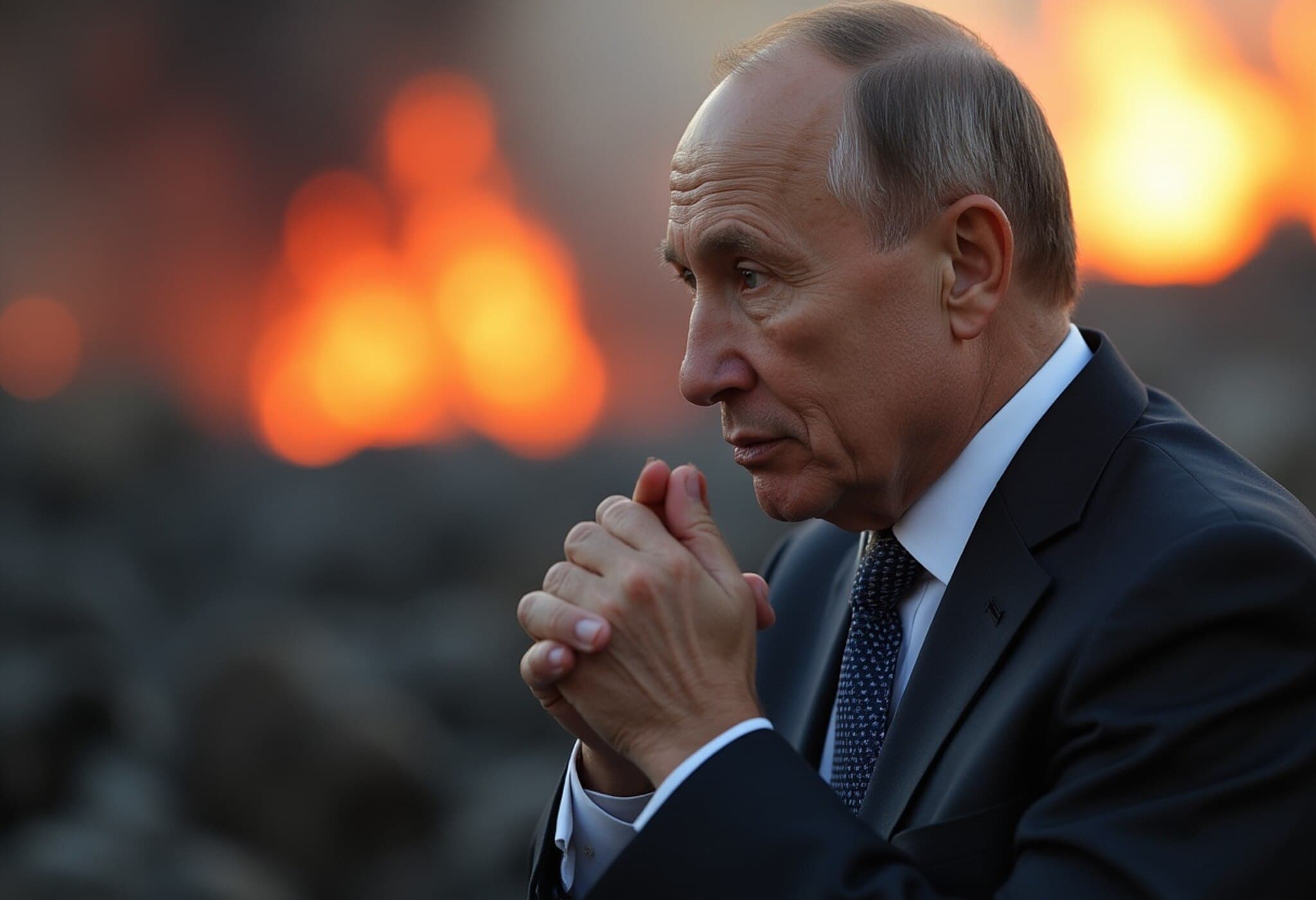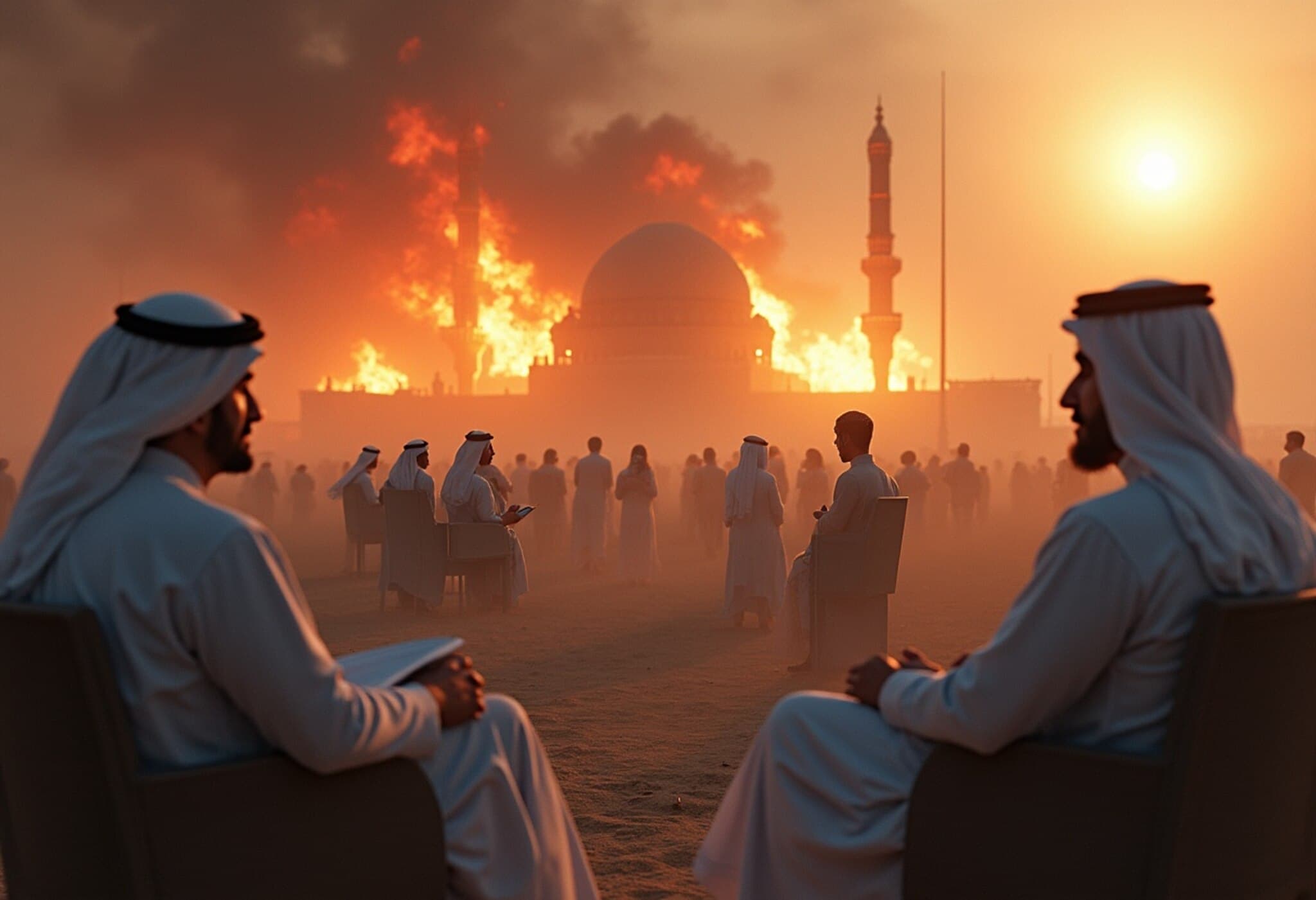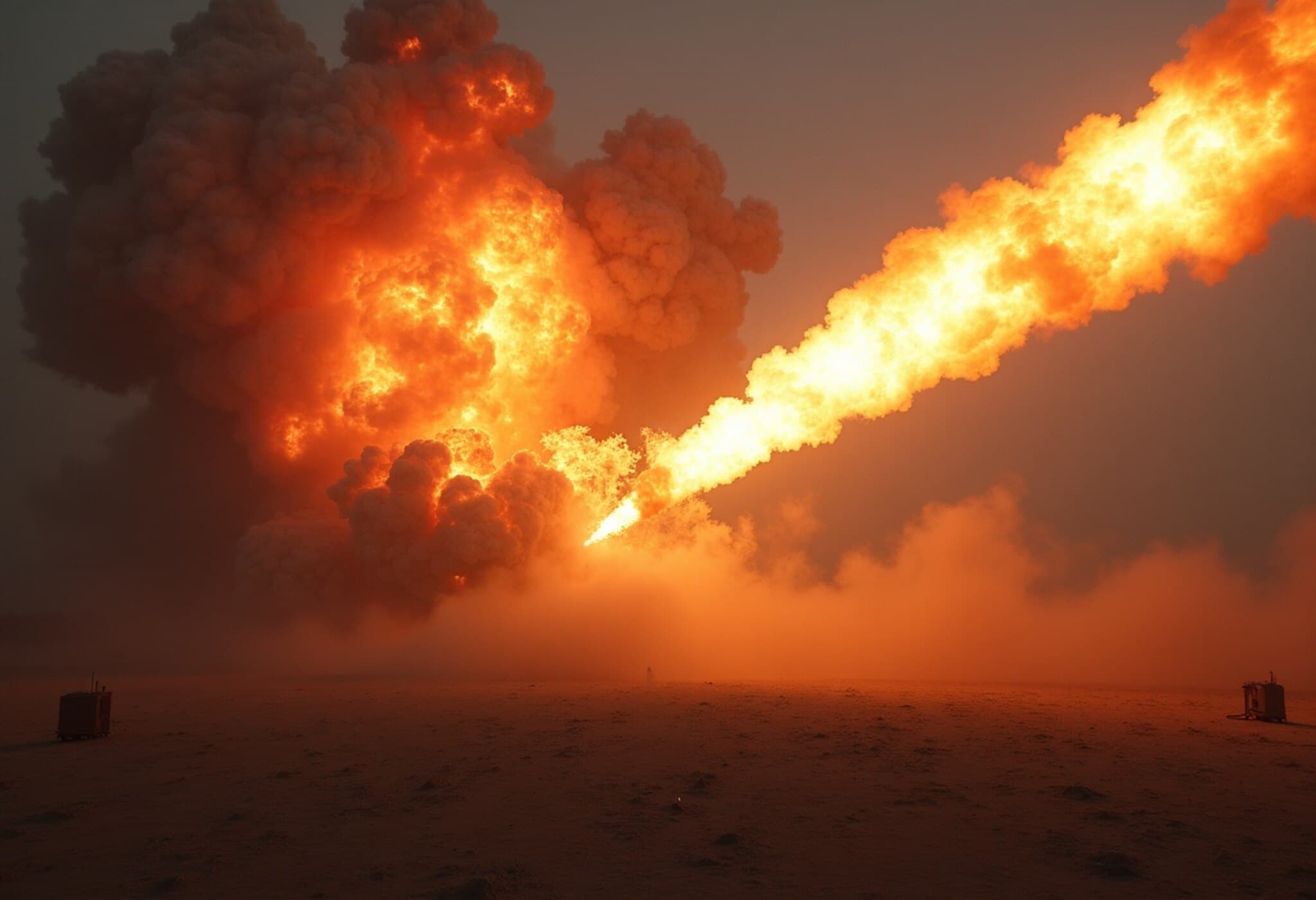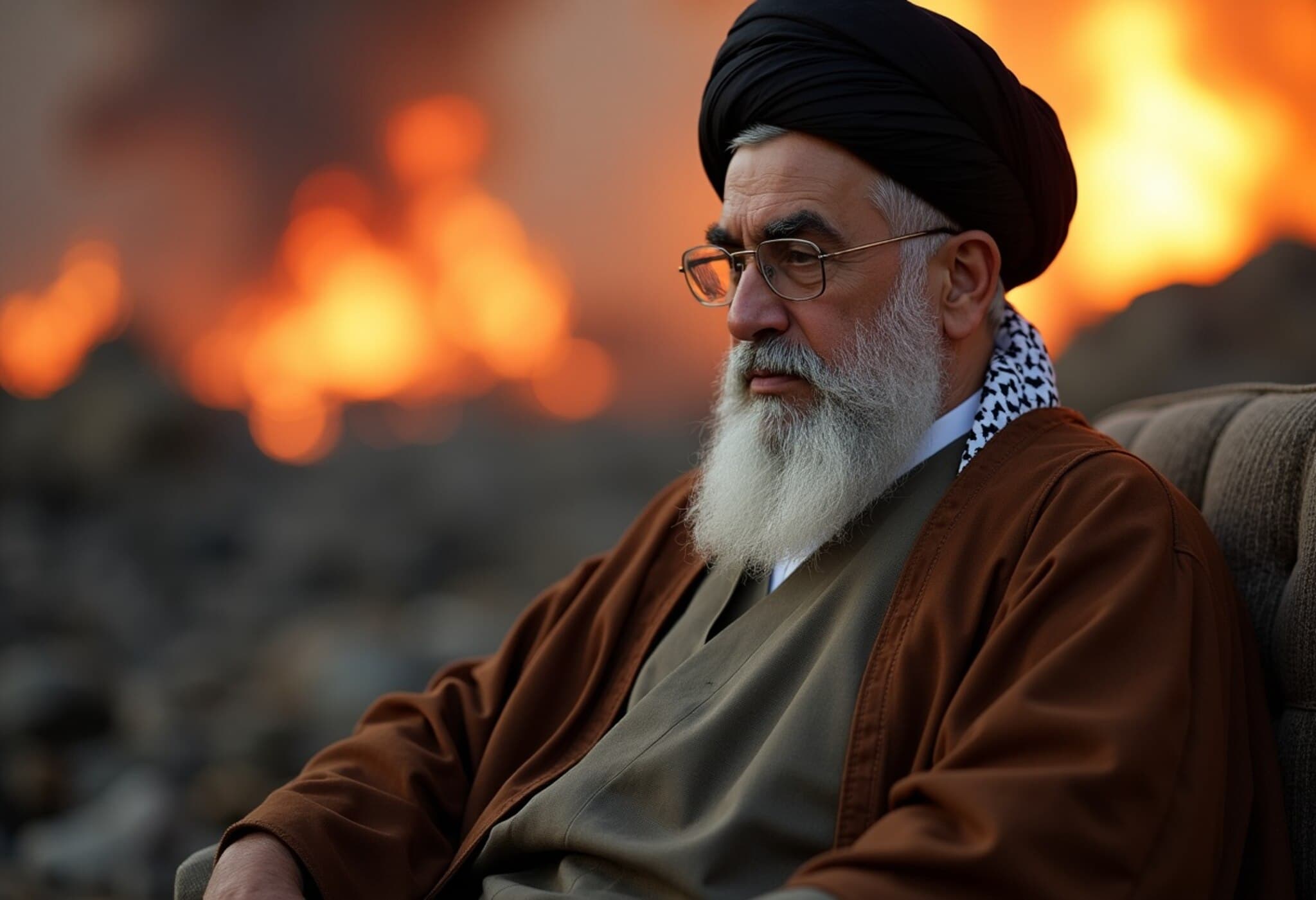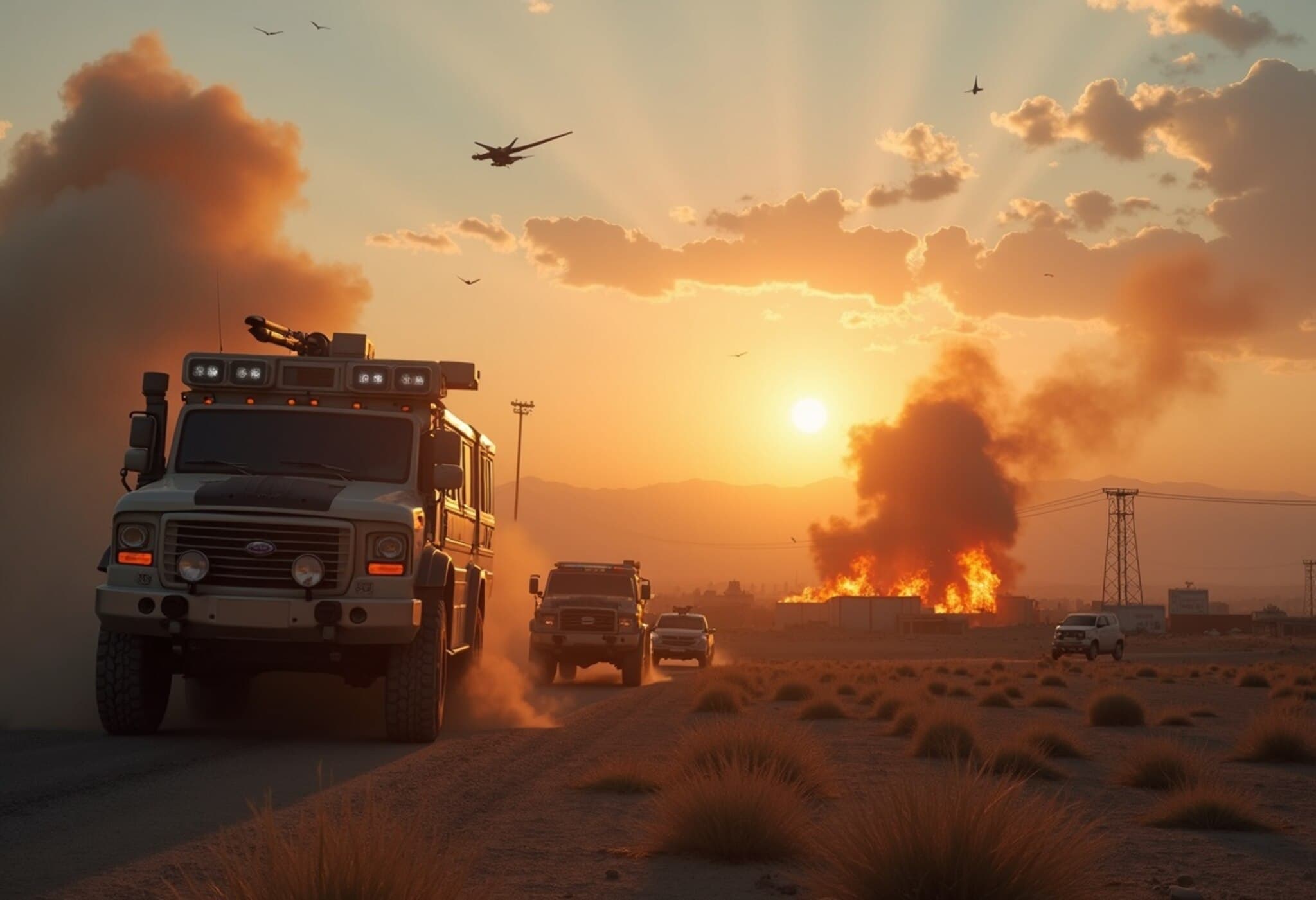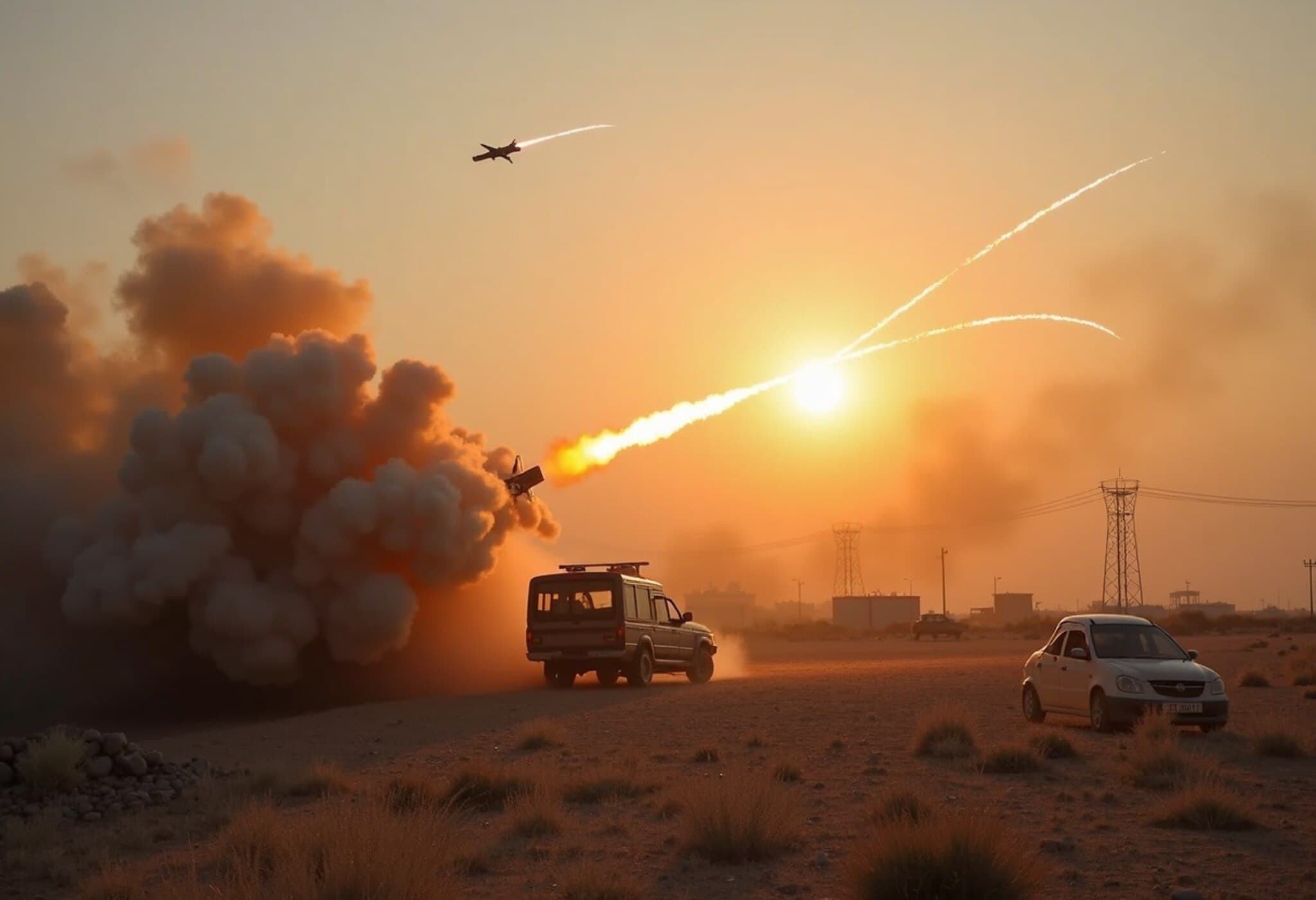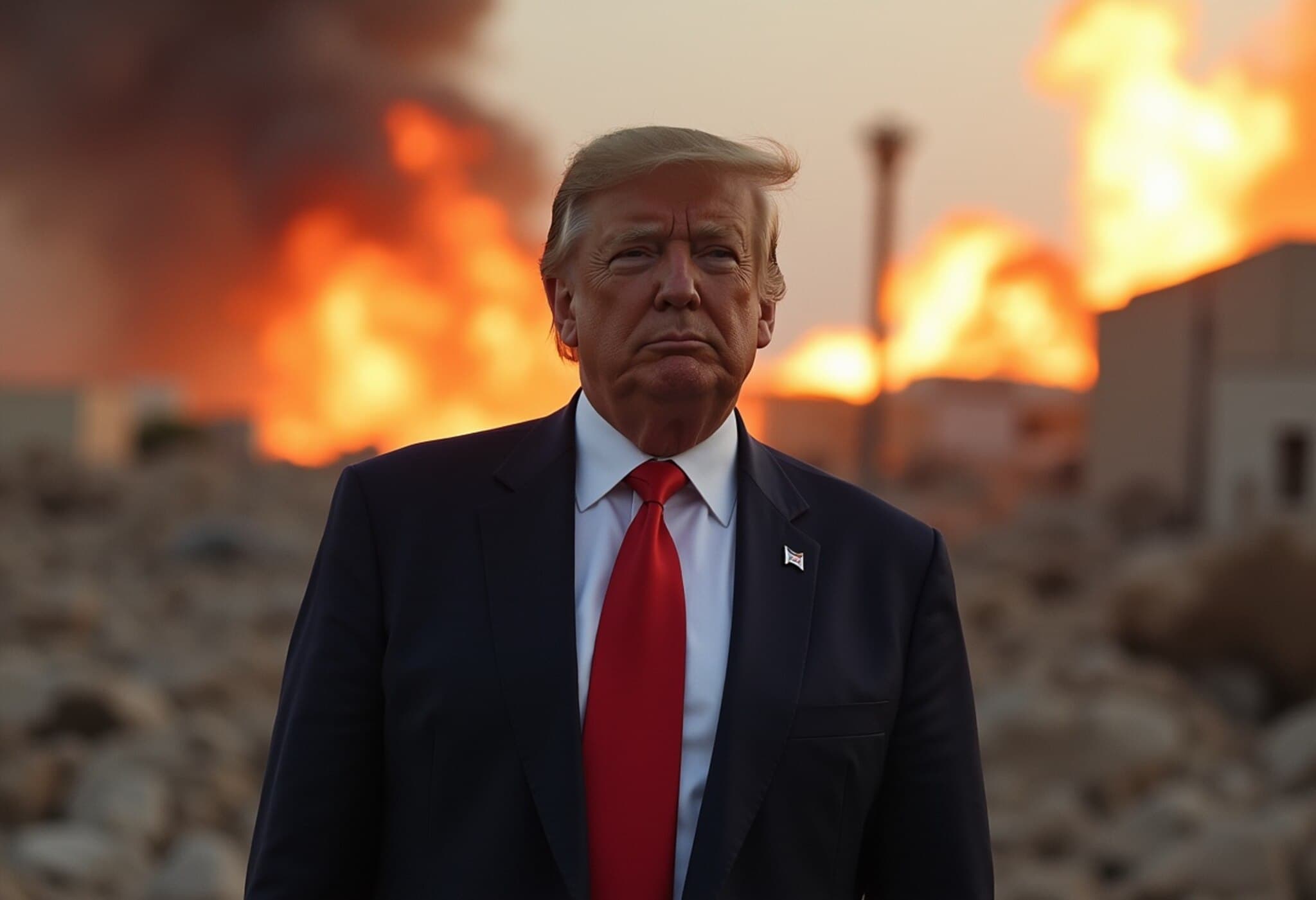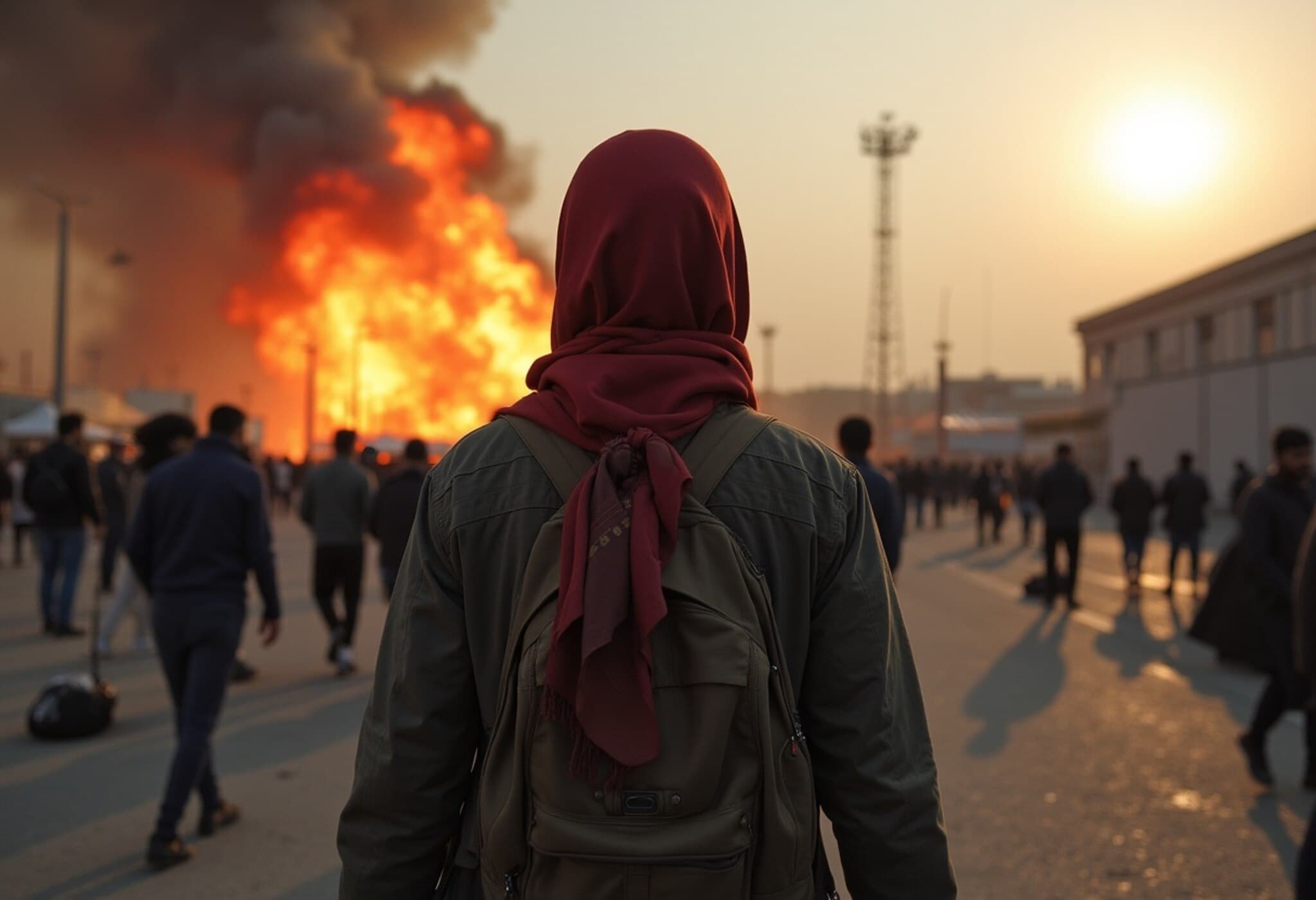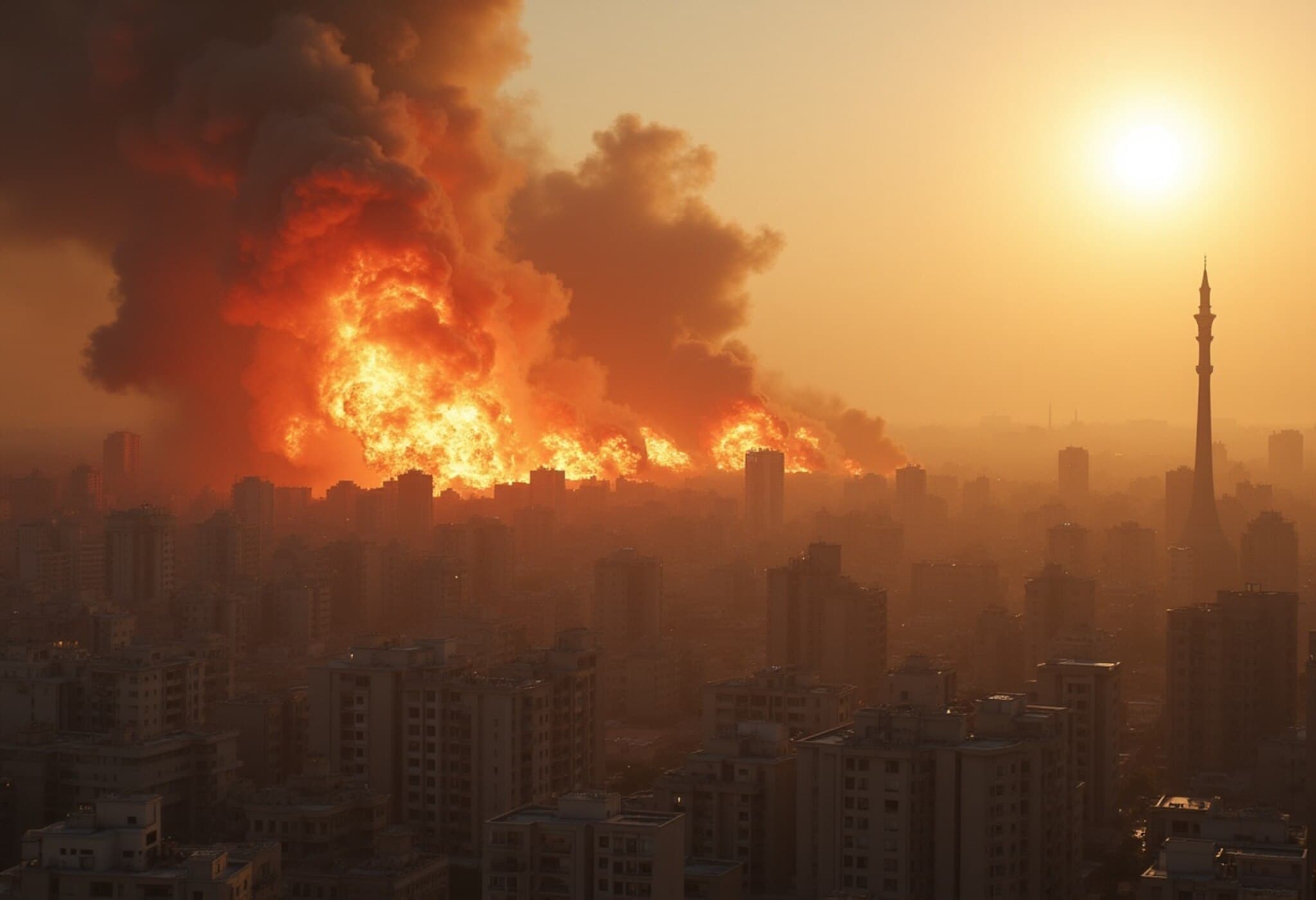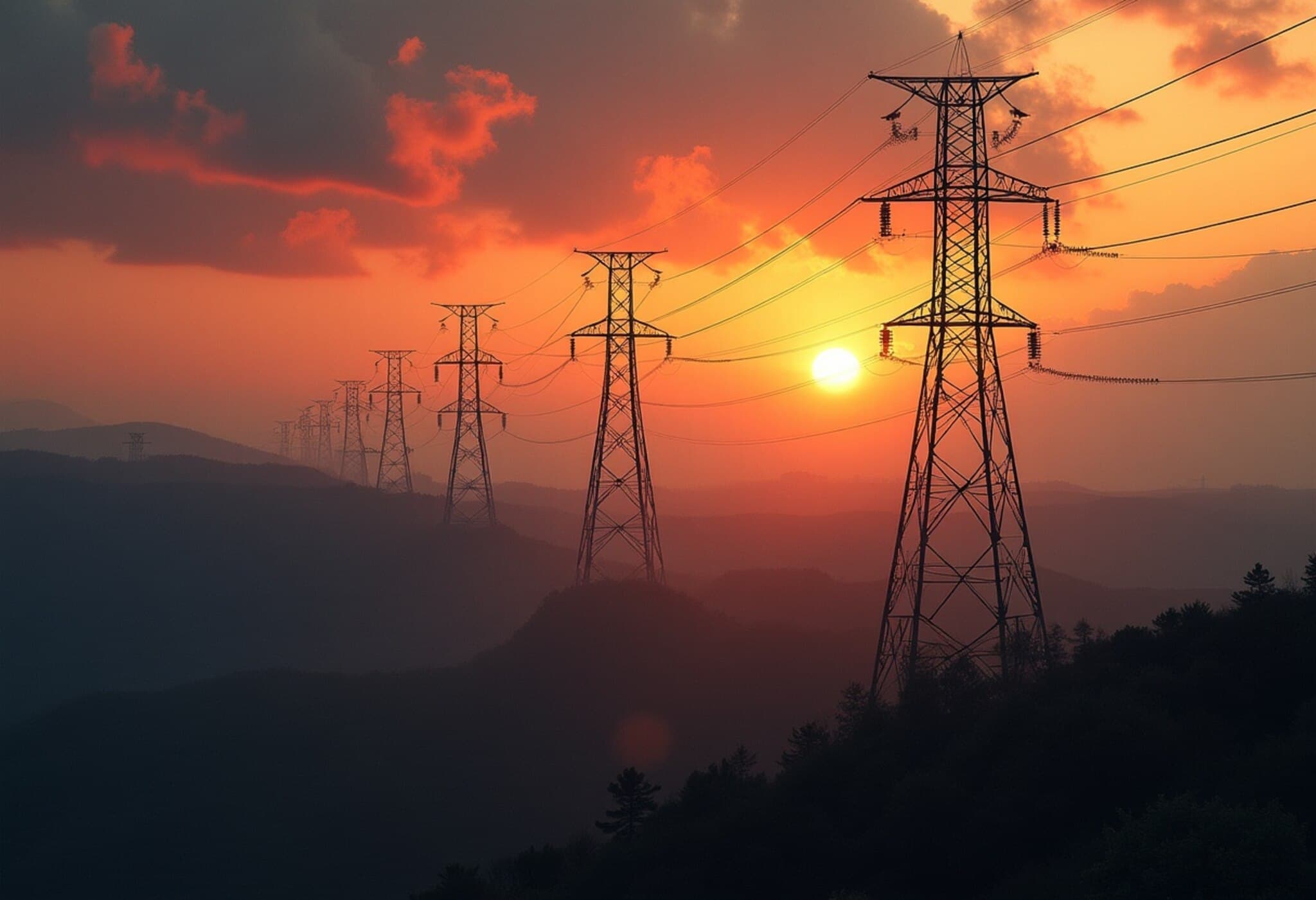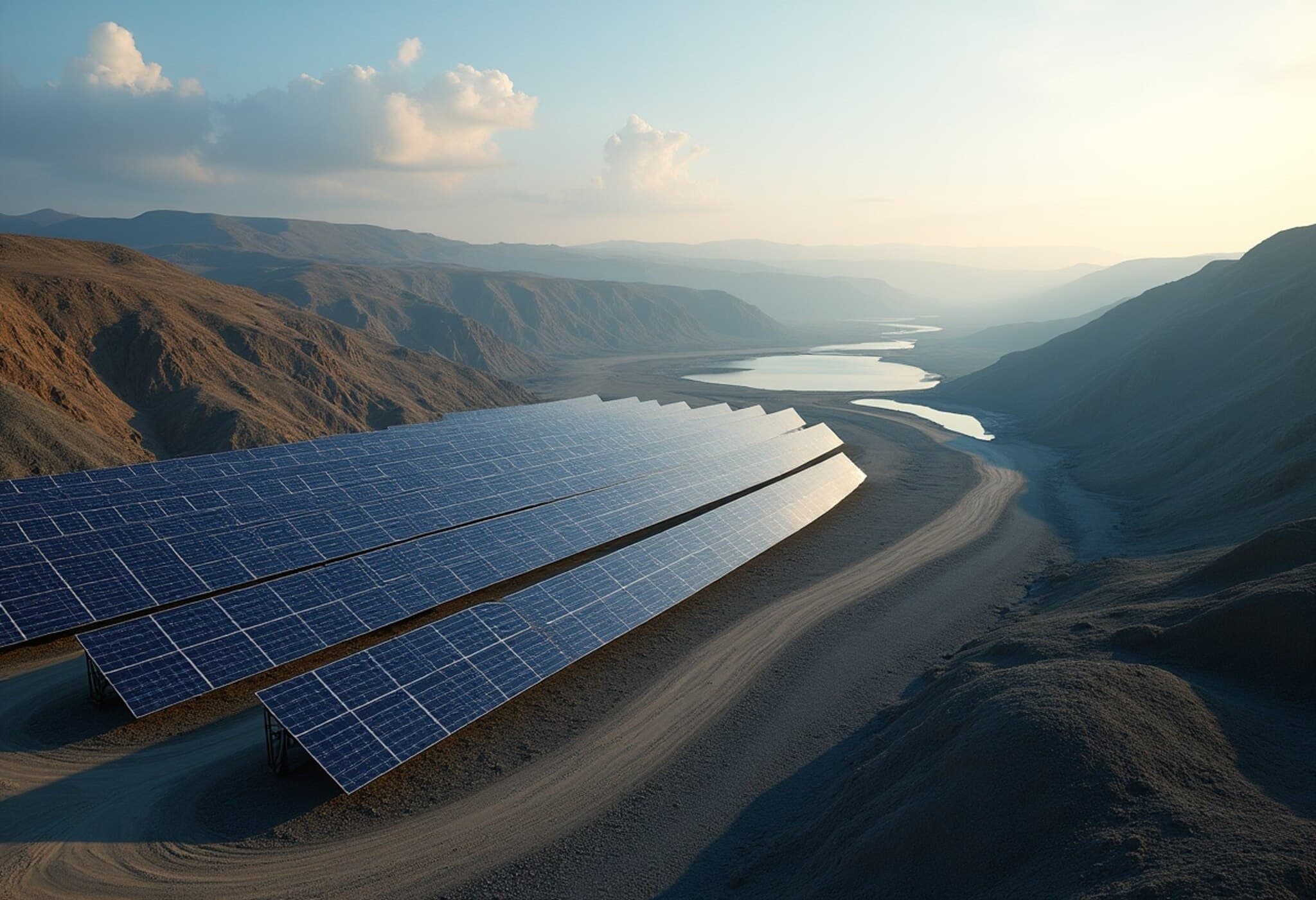Israel's Missile Defense System Faces Unprecedented Strain Amid Rising Tensions
As conflict intensifies in the Middle East, concerns have emerged about Israel's missile defense capabilities, particularly regarding its Arrow missile interceptor stock. Reports suggest that the system is under immense pressure, potentially nearing depletion, as Iran launches a barrage of ballistic missiles in a rapidly escalating confrontation.
The Arrow Missile Interceptor: A Crucial Line of Defense
The Arrow system, developed by Israel Aerospace Industries, is a cornerstone of Israel's defense against long-range ballistic missiles. It plays a pivotal role in intercepting projectiles threatening the country’s security. However, recent developments reveal that the volume and sophistication of incoming missiles, including the advanced Fatah-1—which Iran claims can outmaneuver current defense measures—are pushing the Arrow interceptors to their limits.
U.S. Support and Reinforcements
Amidst these mounting pressures, the United States has quietly bolstered Israel's missile defenses. The Pentagon has deployed additional assets such as Patriot and THAAD missile defense systems, and U.S. Navy destroyers have been assisting with interception efforts. This critical support comes as the conflict intensifies, reflecting the intricate military collaboration between the two allies.
Conflicting Statements and Strategic Implications
While military officials from Israel have not publicly confirmed a shortage of Arrow interceptors, they emphasize that air defense systems remain effective and are intercepting the majority of incoming threats. The Israeli Defense Forces assert they are fully prepared to confront any scenario but refrain from commenting on munitions specifics.
Experts caution, however, that constant interception is unsustainable. Tom Karako, director of the Missile Defense Project at a leading strategic think tank, warned, "Neither Israel nor the US can indefinitely absorb missile attacks by continuously intercepting every threat. There is an urgent need to act decisively beyond defense to manage this crisis."
Escalation on Multiple Fronts
Alongside missile exchanges, Israel has intensified its aerial campaigns against key sites in Tehran. A notable strike involved over 50 fighter jets targeting facilities linked to uranium enrichment and other military production operations. These actions mark a significant escalation in hostilities.
Concurrently, Iranian forces have launched drone attacks targeting Israeli territory from the Golan Heights region. Israeli defenses intercepted seven drones during these incursions, successfully preventing their penetration into national airspace.
Impact on Civilian Operations and Regional Stability
The conflict's ripple effects extend to civilian life, including disruptions in air travel. Israeli national carrier El Al recently operated a "Safe Return" evacuation flight from Cyprus, highlighting heightened security measures amid ongoing tensions.
Leadership Rhetoric and the Broader Geopolitical Context
Iran’s Supreme Leader has issued stern warnings on social media, urging forceful actions against Israel and declaring no leniency towards the so-called "Zionist entity." On the other side, U.S. leadership has signaled potential involvement, with references to the capability to target Iran’s leadership, though official U.S. military confirmation of direct participation remains absent.
The unfolding situation underscores a volatile chapter in Middle Eastern geopolitics, where missile defense capacities, international alliances, and escalating military maneuvers intertwine, raising critical questions about the region's near-term stability and security.

